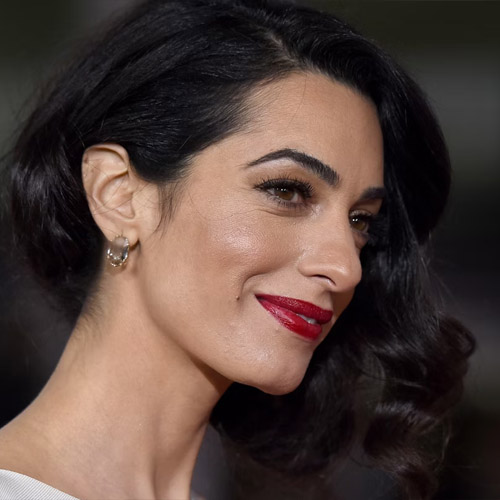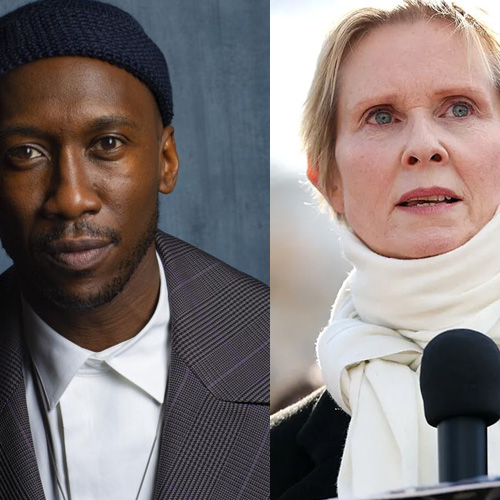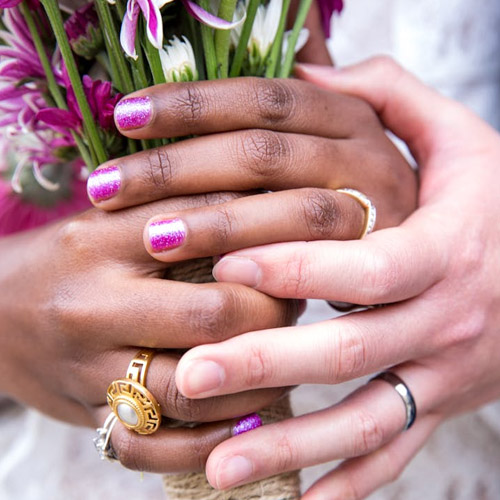THE MORAL COMPROMISE OF PERFORMING AT THE RIYADH COMEDY FESTIVAL
THE MORAL COMPROMISE OF PERFORMING AT THE RIYADH COMEDY FESTIVAL
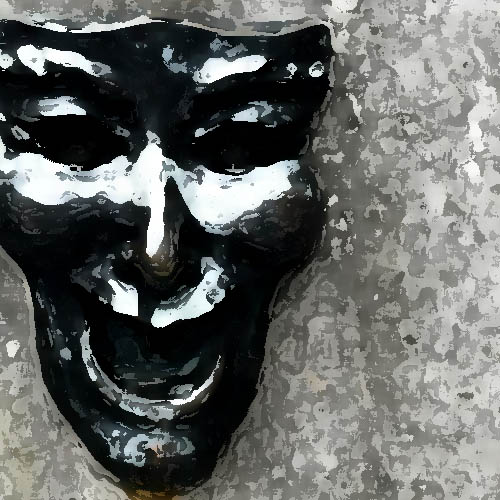
The comedy world finds itself embroiled in controversy as some of America's most prominent stand-up performers accept lucrative contracts to headline a two-week event in Saudi Arabia's capital city, running from late September through early October. Marketed as an unprecedented gathering of comedic talent, the festival has drawn sharp criticism from human rights advocates and fellow entertainers alike. This controversty is even more puzzling considering that fact that comedians like Dave Chappelle, Louis CK, and Bill Burr have previously turned down comedic gigs in the recent past.
The roster reads like a who's who of American comedy: Dave Chappelle, Kevin Hart, Bill Burr, Pete Davidson, Aziz Ansari, and Louis CK are among the high-profile names scheduled to perform. What sets this engagement apart from typical international comedy tours is the source of their compensation—the performers are being paid directly by the Saudi government through its entertainment initiatives.
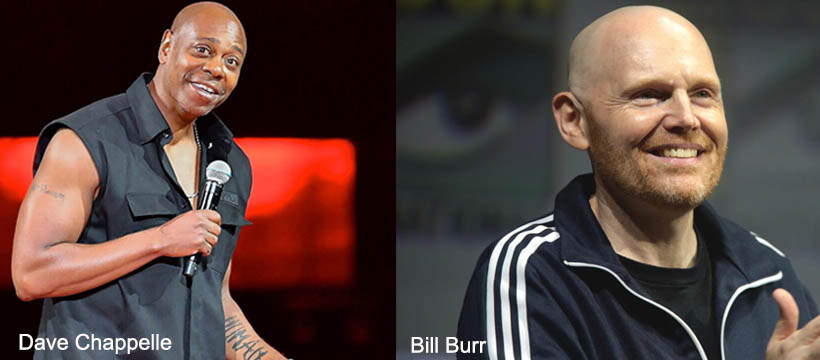
Behind the festival's production are several key players, including Sela, an events company under the ownership of Saudi Arabia's sovereign wealth fund, and the nation's General Entertainment Authority. The latter is led by Turki al-Sheikh, a royal advisor who has faced persistent accusations regarding human rights violations, particularly concerning the imprisonment of social media critics. American talent agency William Morris Endeavor and Bruce Hills, formerly at the helm of Montreal's prestigious Just For Laughs festival, are serving as consultants and producers.
Human Rights Watch has condemned the event as an attempt to obscure the kingdom's well-documented record of suppression and abuse. Joey Shea, a researcher for the organization, emphasized the timing coincides with intensified restrictions on expression—ironically, the very principle many participating comedians claim to champion, yet which remains unavailable to Saudi citizens.
The backlash extends beyond advocacy groups. Marc Maron addressed the issue bluntly in a stand-up segment shared on social media, referencing the brutal killing of journalist Jamal Khashoggi. Stavros Halkias revealed he declined an invitation to perform, citing his discomfort accepting Saudi funding. Shane Gillis disclosed turning down what he described as substantial compensation, citing the kingdom's alleged connection to the September 11 attacks, though his reasoning appeared somewhat muddled in podcast discussions.
David Cross, known for his role in Arrested Development, published a scathing open letter condemning his colleagues' participation. He expressed profound disappointment that talented individuals he respects would legitimize what he termed a totalitarian system for financial gain that none of them genuinely need.
Those proceeding with performances have shown little concern for the ethical questions raised. Jim Jefferies initially dismissed the controversy on Theo Von's podcast, suggesting that exposing Saudis to provocative comedy serves a greater purpose—though he subsequently vanished from the festival lineup without explanation. Chris Distefano made light of the kingdom's treatment of women, while Mark Normand joked about using the trip as an opportunity to show his wife how fortunate American women are by comparison.
Several performers openly acknowledged prioritizing profit over principle. Tim Dillon's frank admission about overlooking human rights concerns for adequate payment resulted in his removal from the festival. Pete Davidson, whose father perished in the 9/11 attacks, acknowledged questions about accepting Saudi money but suggested his decision ultimately came down to the compensation offered.
The financial stakes are considerable. Dillon claimed he was offered $375,000 and that some performers received million-dollar deals. Gillis mentioned that when he initially refused, organizers doubled their offer. Former SNL writer Nimesh Patel, who ultimately withdrew from the festival, stated he received a significant offer that fell short of being truly transformative, later noting sarcastically he could compensate for the lost income through domestic performances.
The irony is particularly sharp given that none of the headliners face financial hardship. Chappelle, Hart, Burr, and others command massive audiences globally and have accumulated considerable wealth. Even Louis CK, despite career setbacks, reportedly earned over $300,000 for a single weekend engagement in Seattle earlier this year, with international bookings extending well into 2026.
What makes this situation especially contradictory is that many participating comedians have spent years positioning themselves as defenders of unfettered expression, characterizing criticism of offensive material as oppressive censorship—the very censorship they now accept from an authoritarian regime.
Chappelle has released multiple specials featuring controversial transgender commentary and declared his solidarity with those who reject transgender identities, later defending his material to students by insisting that prohibitions make certain statements more essential. Jeff Ross has characterized comedy roasts as crucial spaces for open dialogue. Andrew Schulz, who has employed racist and anti-transgender language, recently criticized conservatives for abandoning free speech principles. Whitney Cummings drew parallels between celebrating political violence and Taliban ideology—notably, Human Rights Watch documented Saudi Arabia's execution of a journalist for peaceful commentary just months ago.
Some festival performers have previously criticized the very government now employing them. Burr explicitly refused Middle Eastern performance opportunities in 2016, expressing concerns about personal safety and criticizing exploitative labor practices in the region—where he has since performed and socialized with royalty. When Netflix removed Hasan Minhaj's critical episode from its Saudi platform, scheduled headliner Maz Jobrani argued the company should have prioritized free expression.
Schulz has previously joked about the Khashoggi murder and Saudi connections to 9/11, criticized the kingdom's discriminatory policies on social media, and suggested Saudi Arabia's existence depends on American tolerance. Jessica Kirson, one of only two women headlining the festival, once noted that female Middle Eastern comedians face prohibitions on discussing government, royalty, profanity, and sexuality—highlighting the freedoms American performers enjoy.
Those same freedoms appear negotiable in Riyadh. Though Jefferies and Davidson claimed they received no content restrictions, comedian Atsuko Okatsuka shared contract language she received and declined. The "Content Restrictions" section explicitly prohibited material disparaging Saudi Arabia's leadership, public figures, culture, people, or legal system.
This represents a dramatic departure from comedy's historical relationship with censorship. Lenny Bruce and George Carlin—icons for today's self-proclaimed free speech advocates—faced genuine government persecution for their performances. Bruce endured arrest, prosecution, and conviction, while Carlin's act prompted a landmark Supreme Court case on broadcast regulation. Contemporary comedians appear to view these hard-won freedoms not as tools for challenging authority, but as permission to operate without ethical accountability. Their conception of free expression encompasses cruelty toward marginalized communities, platforming conspiracy theorists, and supporting politicians who threaten democratic institutions.
Yet despite proclaiming absolutist free speech principles, comedy's self-appointed liberty champions readily accept censorship when sufficiently compensated. During an August podcast appearance before being booked, Kirson discussed performing in the region despite her identity as a gay Jewish woman. She immediately stated she would avoid any material related to her sexuality or religion. Despite these compromises, she enthusiastically described the kingdom's hospitality—first-class accommodations, transportation, dining, and exceptional treatment throughout.
The Riyadh festival thus exposes a fundamental contradiction: comedians who position themselves as fearless truth-tellers willing to offend anyone prove remarkably accommodating to actual authoritarianism when the price is right. Their carefully cultivated image as principled defenders of free expression crumbles when confronted with lucrative offers from a regime that denies those very freedoms to its own people.
Related News .
Stay updated with the most important events.




